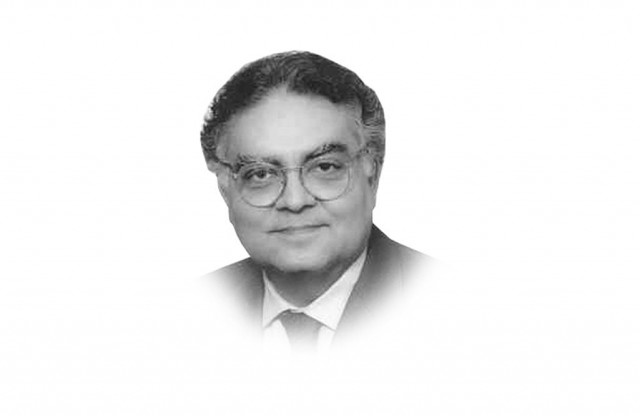Reform or counter revolution
In the case of Pakistan, a combination of political, economic and social factors has created such a critical juncture.

The writer is Distinguished Professor of Economics at Forman Christian College University and Beaconhouse National University
The key to understanding transformative change is the concept of a critical juncture in the history of a country, which opens the possibility of transformation in the system of political and economic power. Acemoglu and Robinson show how in the case of the English Civil War and similar conflicts against absolutism in France and Spain during the 17th century, “a confluence of factors disrupts the existing balance of political and economic power in a nation”. These critical junctures are important moments that provide an opportunity to the excluded sections of society to break the hold of the ruling elite.
In the case of Pakistan, it can be shown that a combination of political, economic and social factors has created such a critical juncture. The citizens’ movement helped establish an independent judiciary, while the PPP government, fuelled by the passion of its martyrs, achieved constitutional amendments that aimed to institutionalise a new balance between the parliament, the executive and the president. At the same time, the prospect of a future coup d’état has been considerably reduced, even if indirect military influence in governance may persist. This has set the stage for institutional reform towards a more inclusive polity through the democratic process. However, the current coalition of the power elite, despite these changes, faces critical stresses that threaten its continued existence in its present configuration. This is due to: a) the emergence of armed militant groups as rival powers to that of the state within its territorial domain; b) the abject failure of the power elite to fulfil the fundamental function of establishing order in terms of which the existing configuration of state power is legitimised; c) the acute economic deprivation of the people in contrast to the affluence of the elite and the manifest inability of the government to address the challenges of poverty, provision of basic services and critical shortages of electricity and gas.
As John Dunn has argued, “revolutions are either ventures in creativity … an enhancement of freedom or nothing ... ”. Pakistan, today, faces a revolutionary situation but there is neither a revolutionary party nor a revolutionary culture, which as Antonio Gramsci has argued, is vital for revolutionary change. What we have instead is a constellation of militant extremist groups seeking to mobilise people for political upheaval through coercion, fear and bigotry. At the same time, the depredations that the people are suffering at the hands of an incompetent, corrupt elite coalition, make the democratic structure vulnerable to mass political pressure mounted by a demagogue with the facility of what Boris Pasternak called the “tyranny of the glamorous phrase”. Reform for inclusive political and economic institutions is necessary, otherwise there could be a counter-revolution.
Published in The Express Tribune, January 28th, 2013.















COMMENTS
Comments are moderated and generally will be posted if they are on-topic and not abusive.
For more information, please see our Comments FAQ